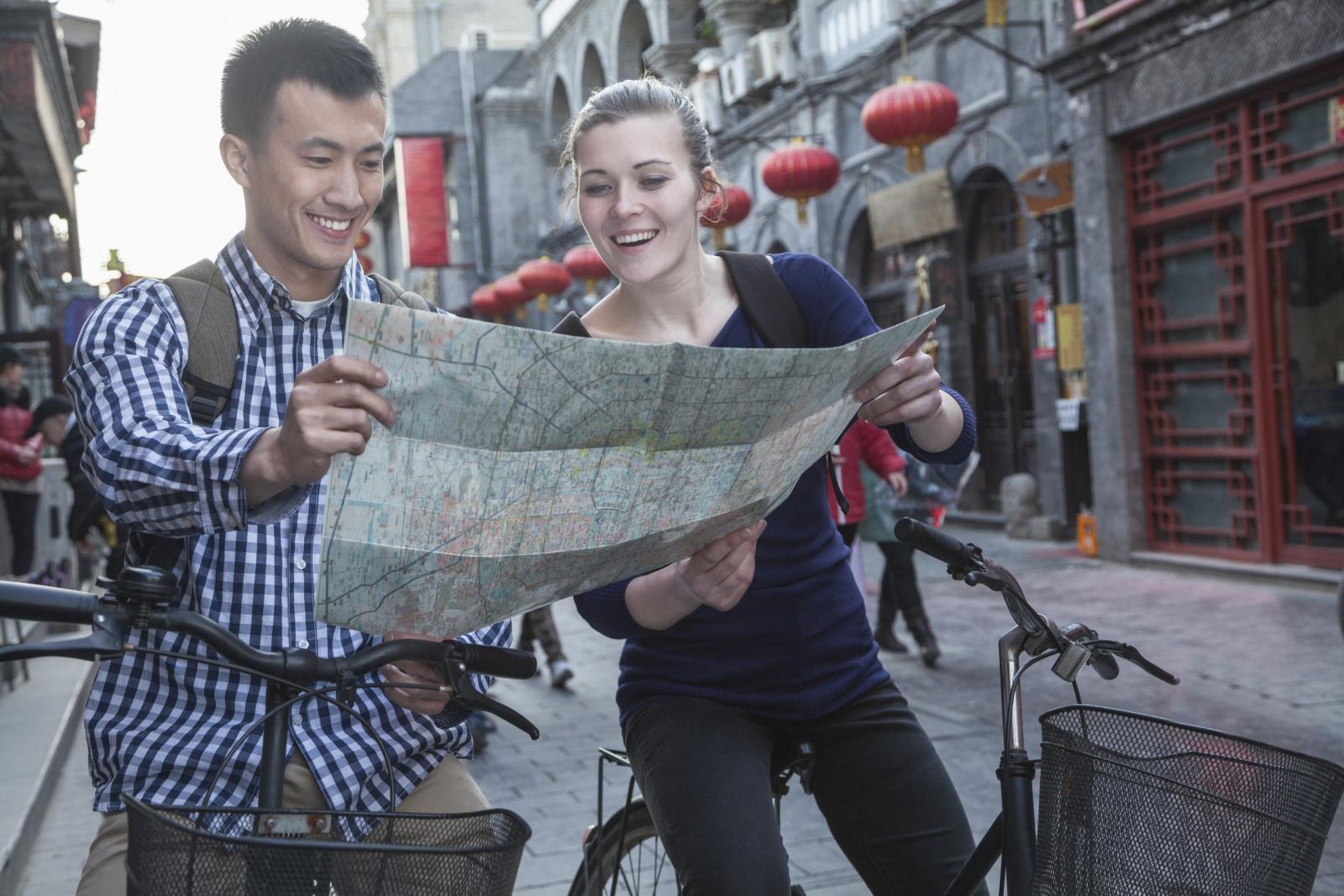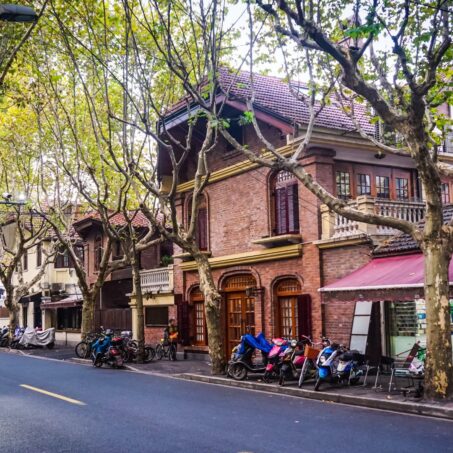Ready to begin your Lingoinn language-learning adventure? Here are a few tips to help make your trip as smooth and enjoyable as possible.
Before you fly to China
The first thing anyone should do before travelling to China is to apply for a visa. You’ll need to apply for yourself but Lingoinn can give you advice on filling out the application form. You’ll also be provided with an invitation letter from your host teacher for the ‘Proof of travel arrangements’ step.
Next, you’re going to want to download a VPN, or ‘Virtual Private Network’. A number of apps and websites are blocked in China, for example Google (including Gmail), Facebook, Instagram, WhatsApp, BBC News and YouTube. A VPN lets you bypass the restrictions. It’s easy to find them in app stores while outside of China, but becomes much harder once you’re inside the country – so it’s best to do it before you leave. Not all of them work in China, so check first.
Getting to China
There are a huge variety of airlines that fly to China. All vary widely in price, so have a look at what each of them offers as part of the flight to help you decide: think baggage allowance, meals, leg room etc.
Sometimes online booking agents like Expedia and Booking.com have great deals, but occasionally booking directly from the airline will be better. Take some time to shop around and make sure you’re getting the best deal.
Staying in China
Even with a VPN, Google Maps isn’t very accurate in China. Amap (also known as Baidu) is one of China’s most popular map apps, and provides extensive information from streets to metro lines. There’s currently no translation for the map yet, but it’s a great way to push your Chinese reading skills and well worth downloading.
Dianping is also a great app for checking out your local area for shops and restaurants, and seeing other users’ reviews of them.
During your stay with Lingoinn, you’ll be living with your host teacher and their family. If you’d like to extend your stay in China and have some holiday time after, it’s best to search for hotels using Western rather than Chinese booking websites, as some hotels in China don’t accept overseas guests.
Another option is Airbnb, where you stay in someone’s home, although without the professional language coaching and cultural integration experience. You’ll need to remember to visit the local police department to register yourself. But when doing a homestay with Lingoinn, the host teacher will do this with you, and when you stay in a hotel, the hotel staff will register you on a computer system for you.
Travelling in China
As well as planes, there are also often high-speed trains between cities, so depending on where you are, hopping on a train might be more convenient. But be careful about liquids, blades like scissors, and aerosols like deodorant in your luggage: the baggage checks are like being at an airport. You’ll also need your passport to buy train tickets, so keep it handy.
If you’re staying for a while, you might like to buy a local SIM card for your phone – there are plenty of packages to choose from with generous data options, and shops selling SIM cards are never far.
A few things you should take with you
You’ll be able to find almost everything you need in China with ease – with just a few exceptions. Deodorant is one of them: because of an interesting (and lucky) genetic trait, the majority of indigenous people of East Asia don’t experience body odour, and China is no exception. While there may be a few deodorant options available in larger shops, you won’t find them everywhere, and you may not find one that works for you as well as your favourite home brand.
Similarly, tampons aren’t as popular in China as they are in the West, and you might find only a few of the larger shops stock a small selection. So it’s best to take some with you to avoid getting caught short if you prefer to use them over towels.
Finally, you don’t have to buy tissue paper before travelling to China – but definitely take some with you wherever you are while inside the country. Public restrooms often don’t have toilet paper dispensers inside the cubicles, instead opting for one main dispenser at the entrance. On the occasion it hasn’t been restocked, you’ll be glad to have a few tissues on you at the ready.





